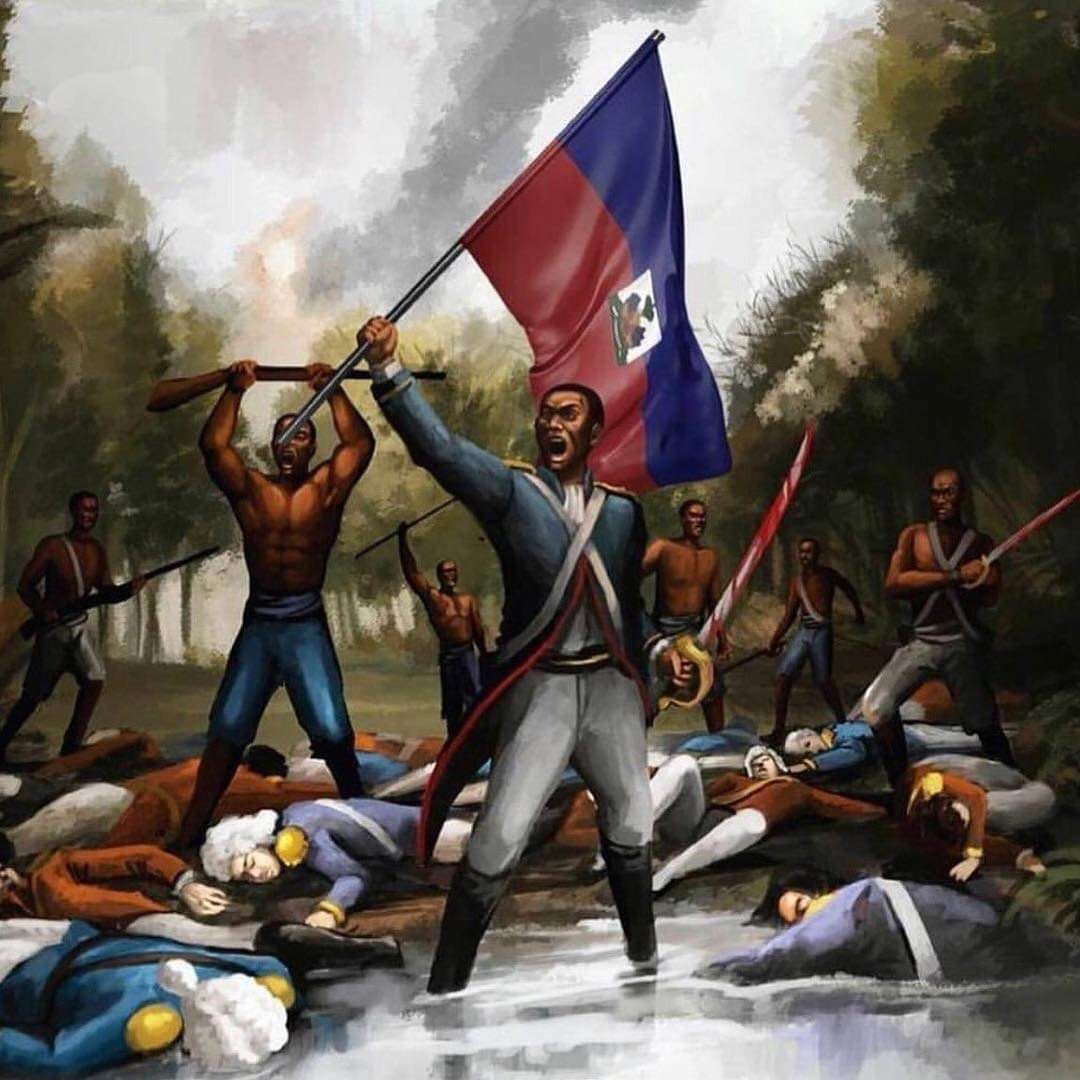
Un Héritage Colonial : Les Racines du Français en Haïti
La présence du français en Haïti remonte à la colonisation. Au XVIIᵉ siècle, l’île d’Hispaniola, où se trouve aujourd’hui Haïti, fut colonisée par les Espagnols, puis partiellement occupée par les Français. En 1697, avec le traité de Ryswick, la partie occidentale de l’île, appelée Saint-Domingue, devint une colonie française.
Pendant cette période, la langue française s’est imposée comme langue administrative, commerciale et culturelle, adoptée par les colons européens qui exploitaient l’île pour ses ressources agricoles, notamment la canne à sucre et le café. Les esclaves africains, qui constituaient la majorité de la population, furent exposés au français, bien qu’ils développèrent leur propre langue : le créole haïtien, un mélange de français, de langues africaines et d’influences locales.









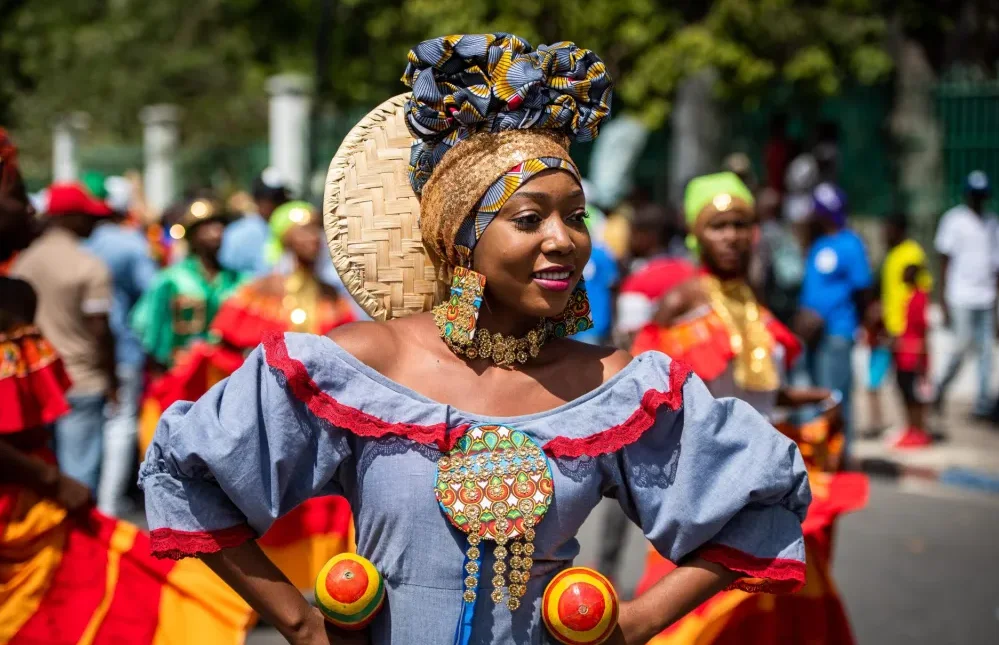

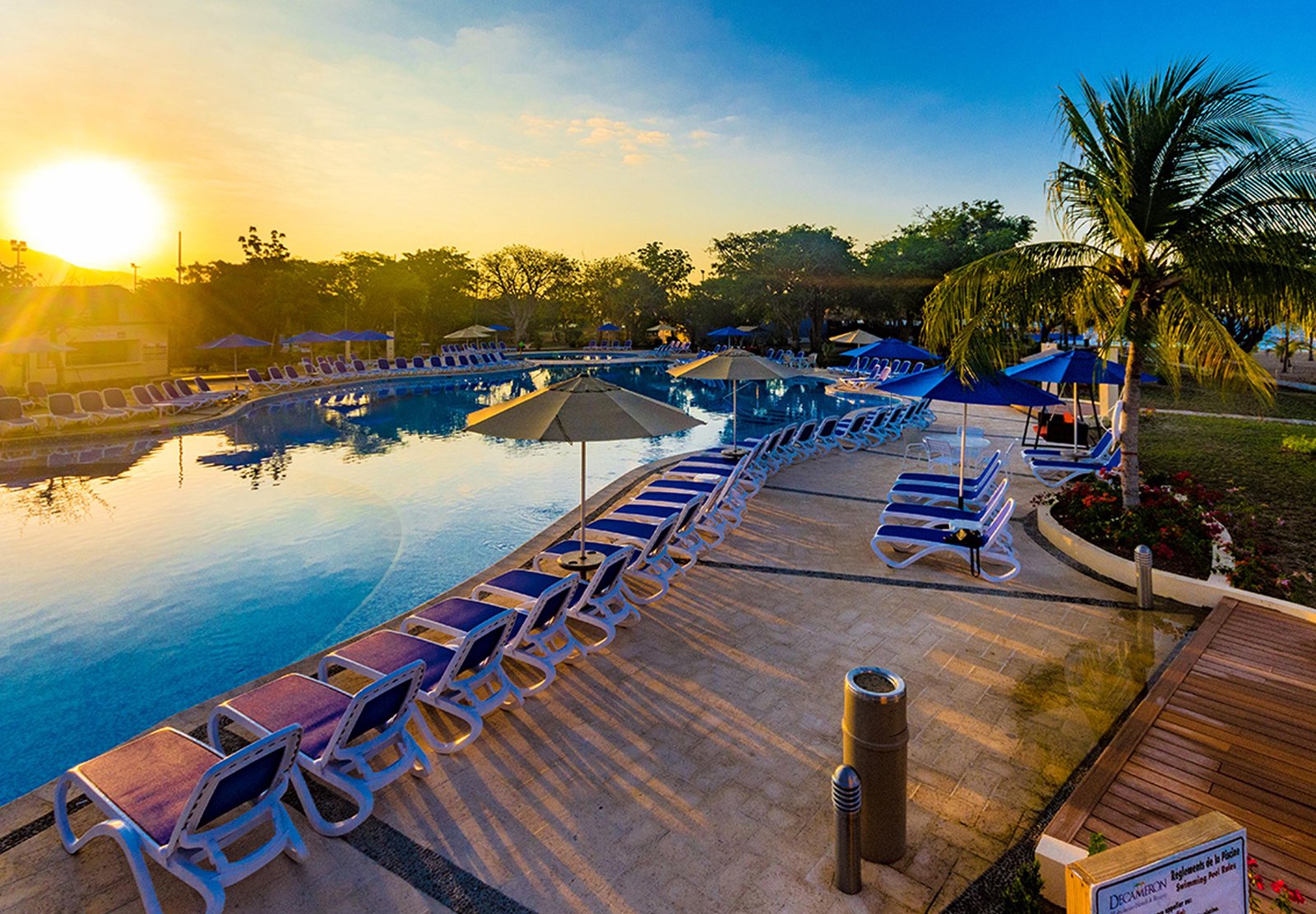
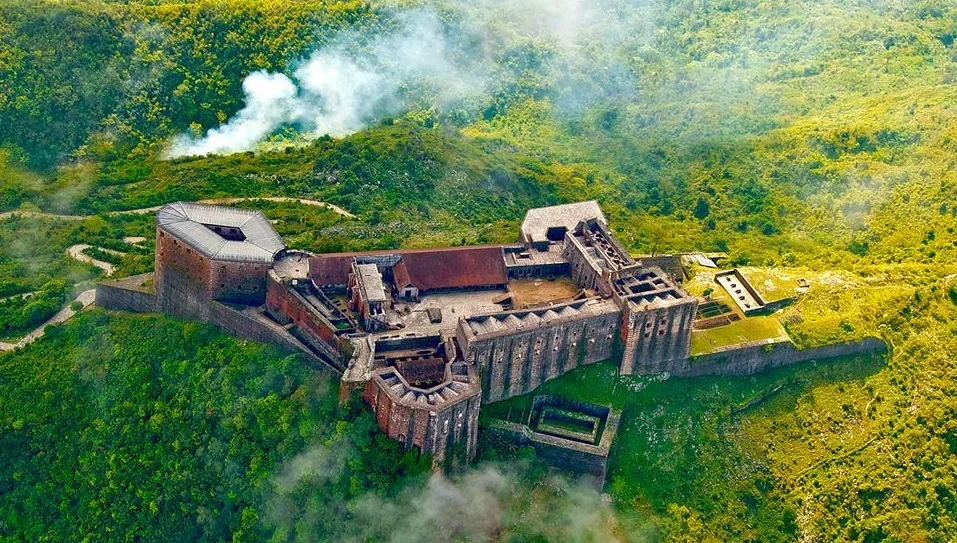
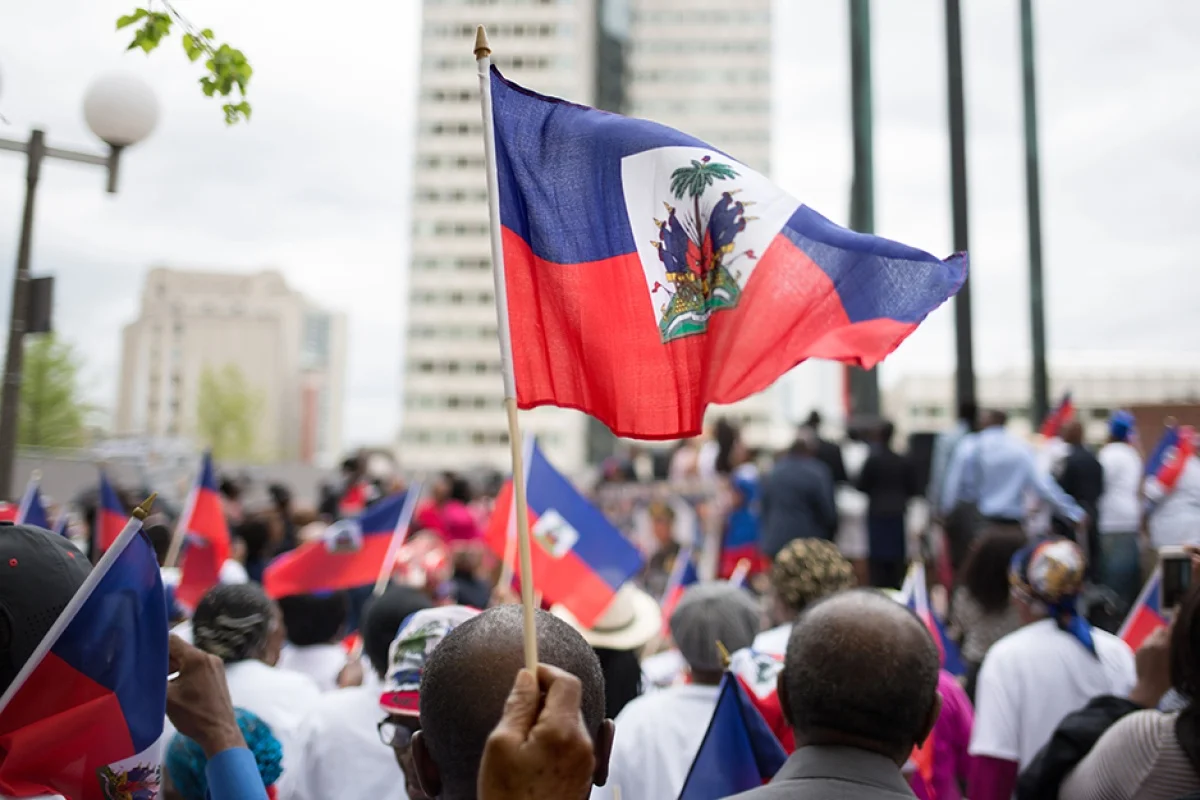
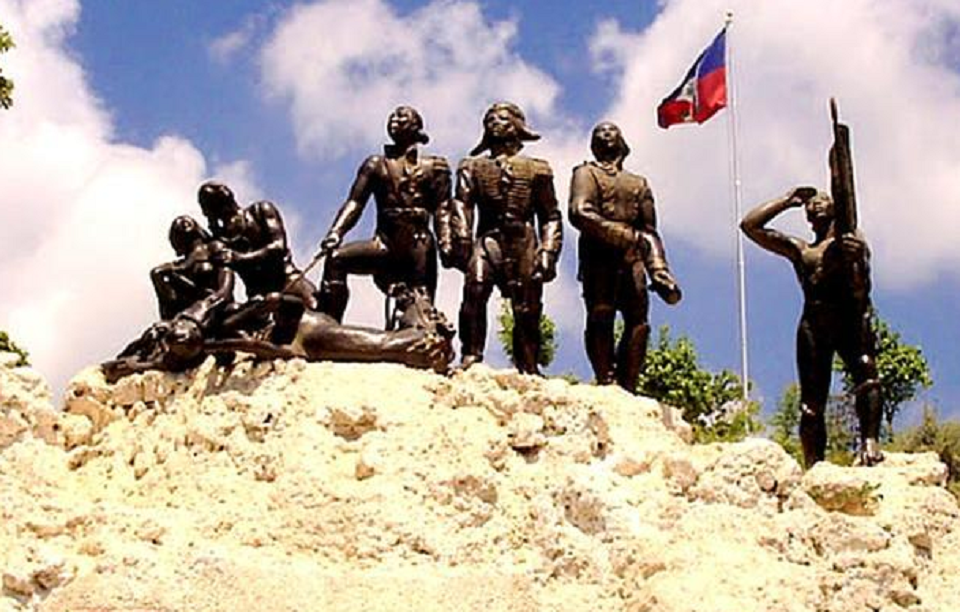

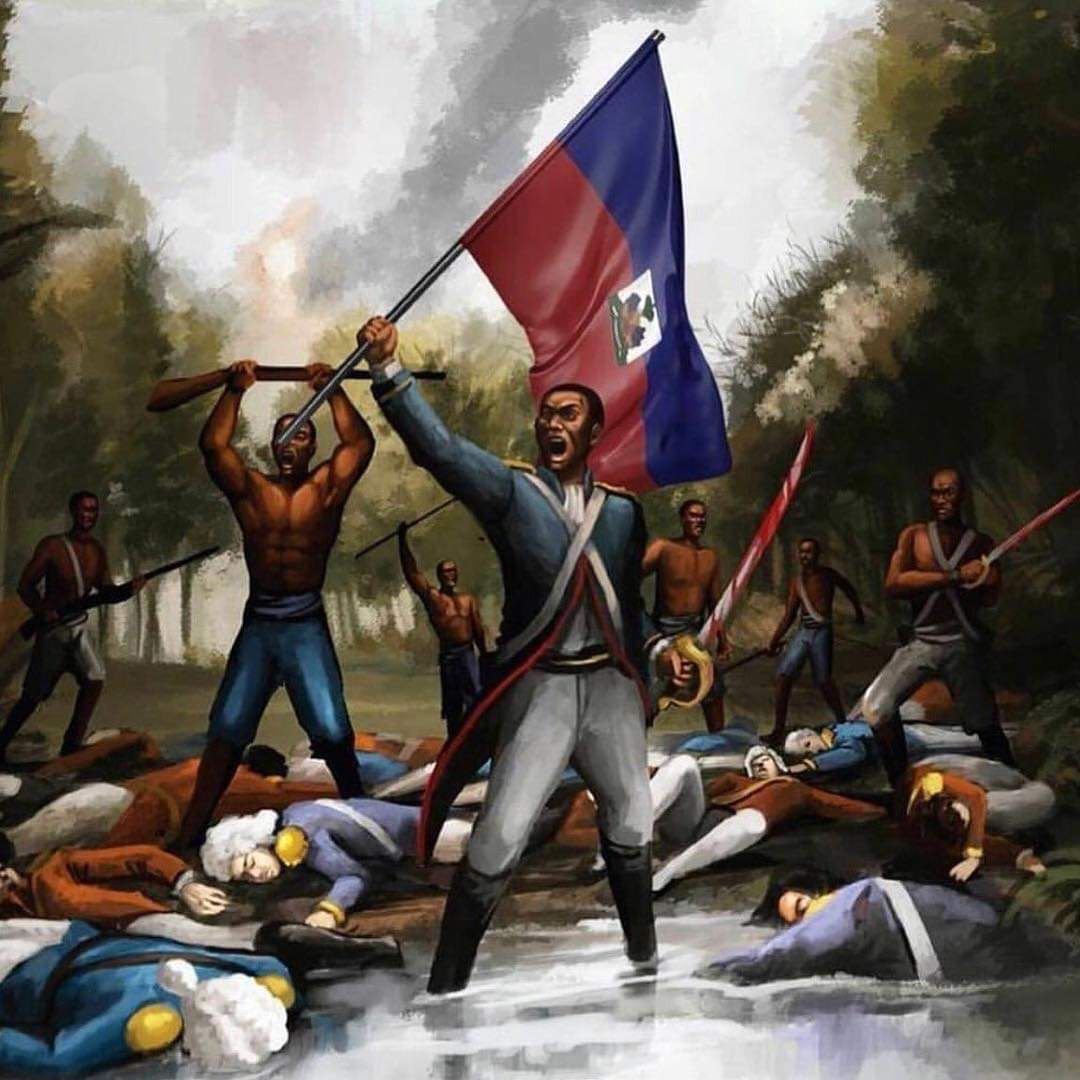
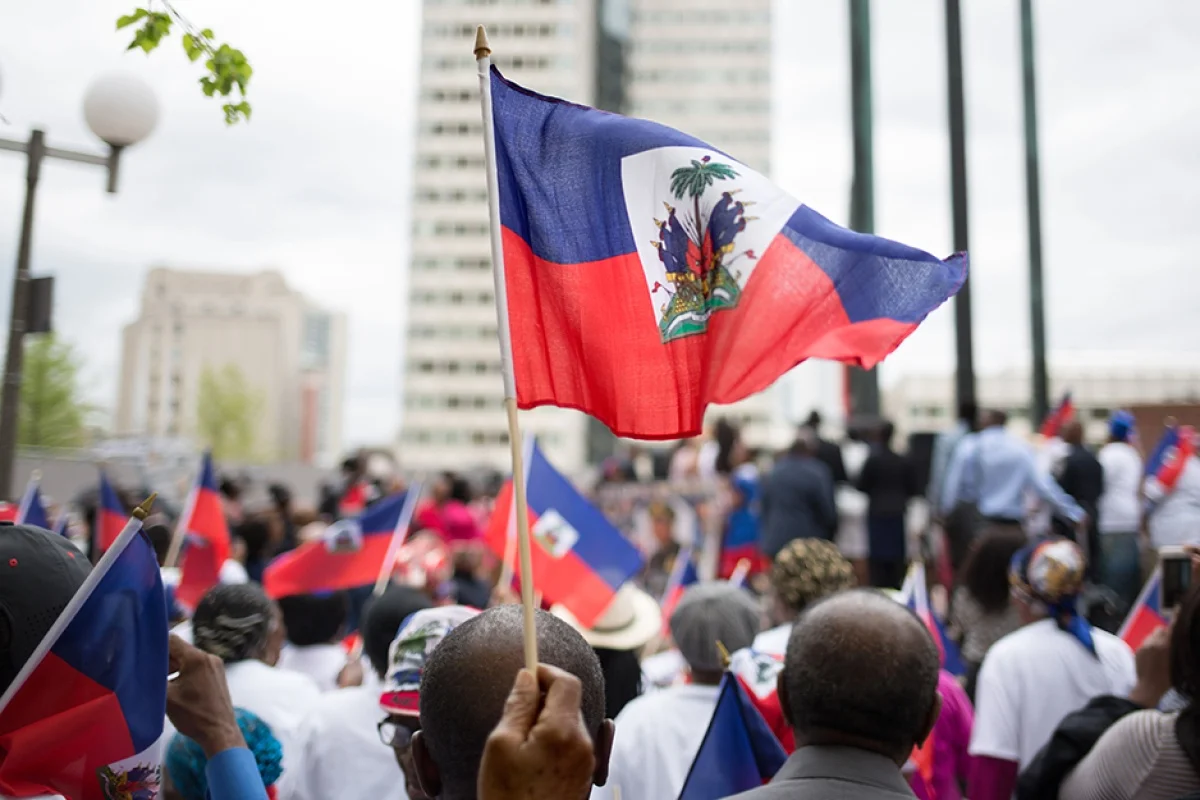
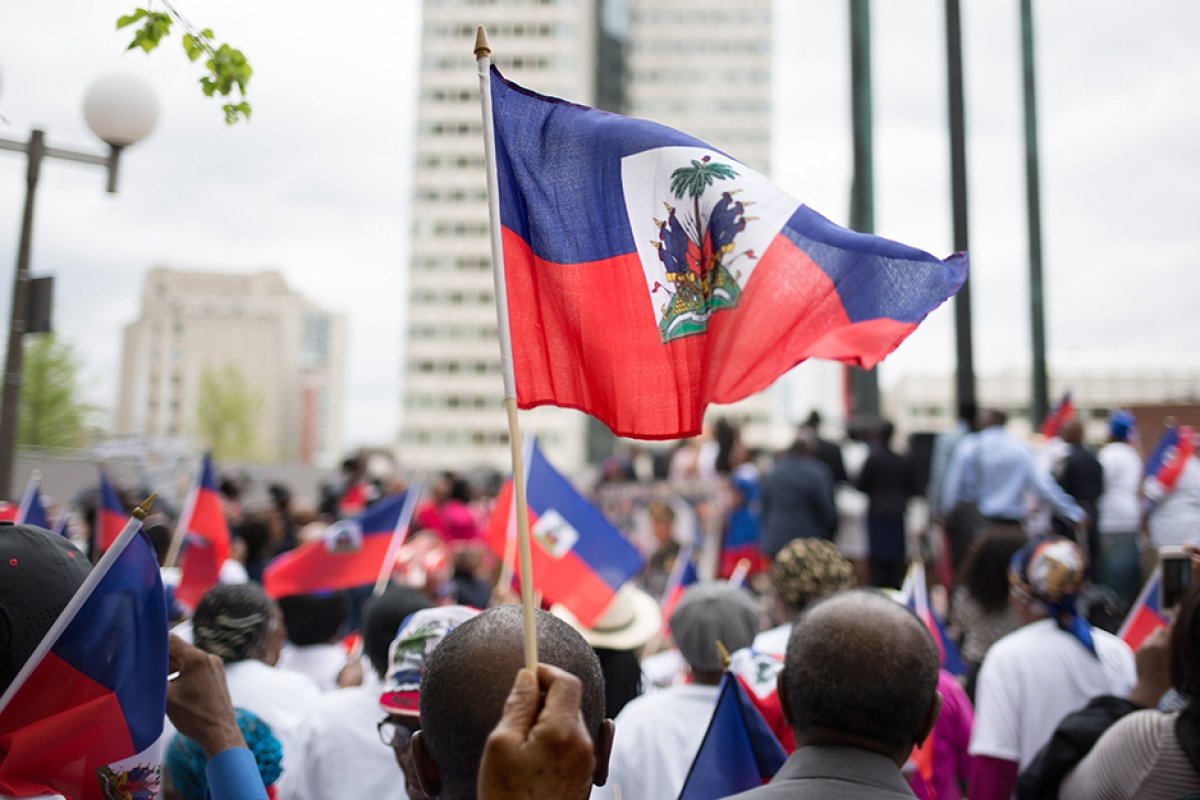
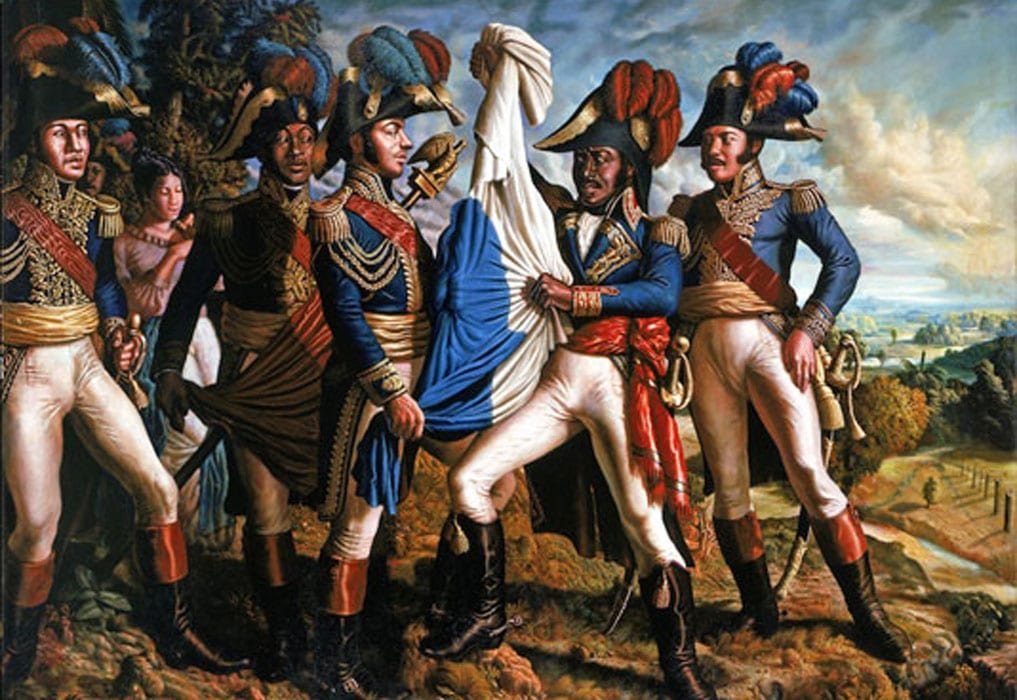


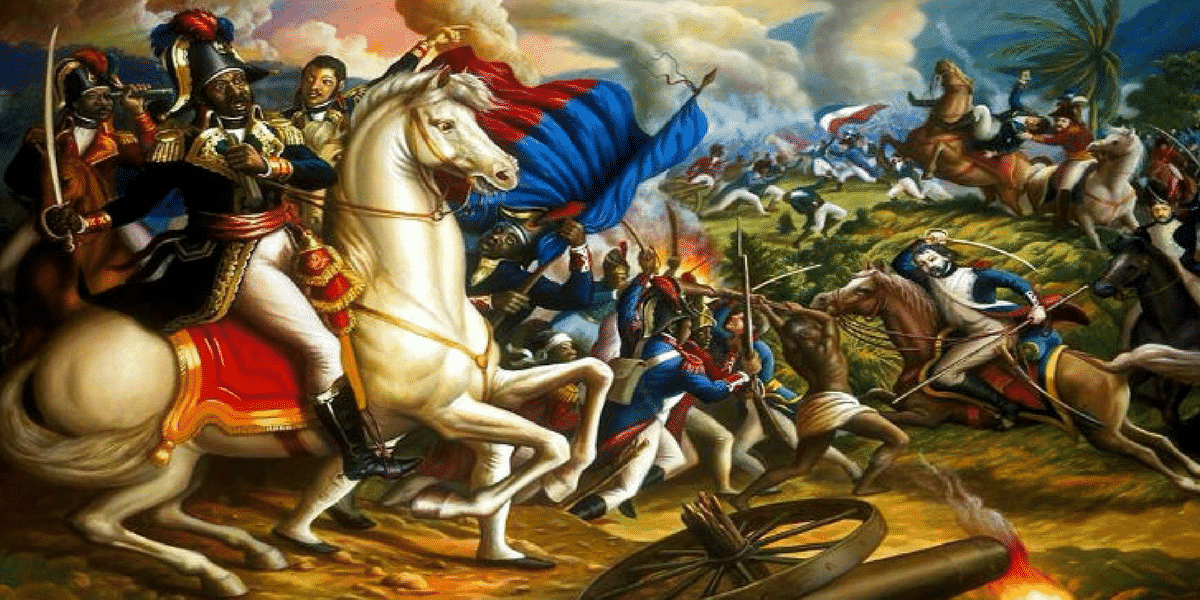



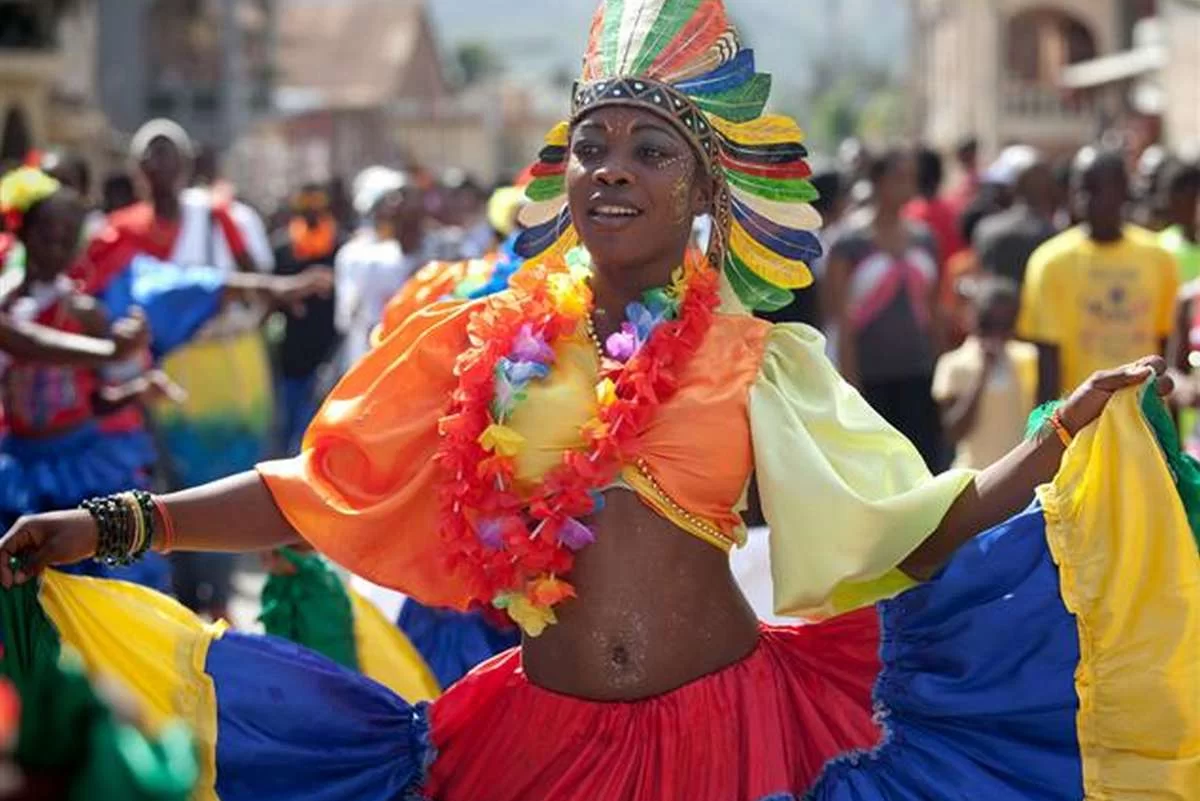




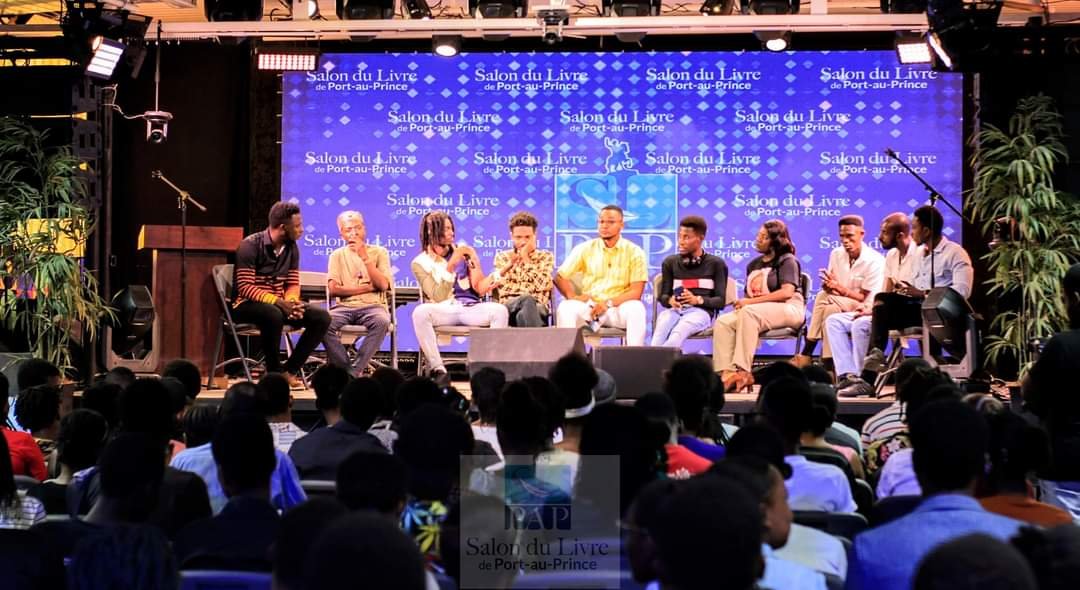


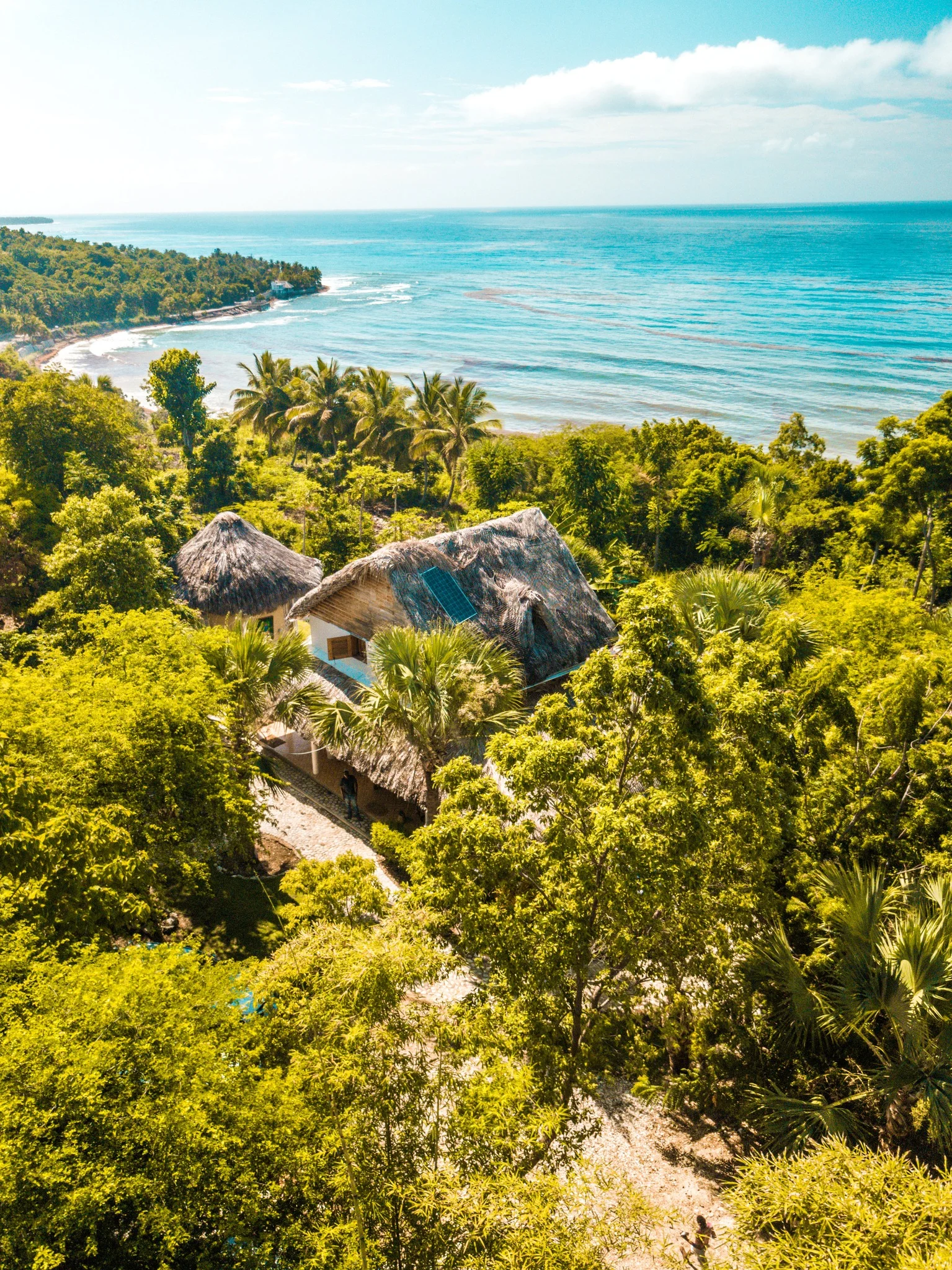






















































CHEESE!!!
November 11, 2025 - 11:01:46 AMNO del cheese
November 11, 2025 - 11:02:15 AM